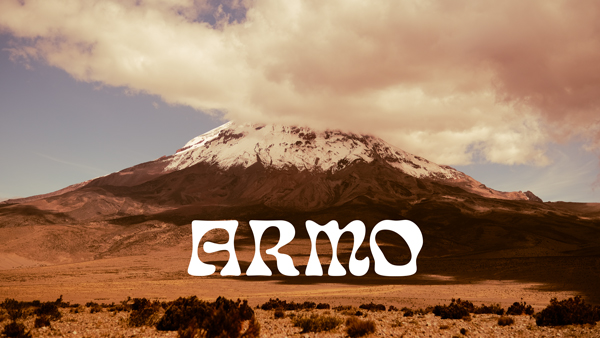
Slow fashion is the new Trend.
Esseen tyyppi: Yksilöessee / 2 esseepistettä.
Slow fashion is a movement that prioritizes ethical and sustainable clothing production over fast, disposable fashion. The term “slow fashion” was coined to contrast with “fast fashion,” which is characterized by cheap, mass-produced clothing that is quickly worn out and replaced.
Slow fashion is rooted in the principles of sustainability, which include the use of natural and organic materials, local production, and fair labor practices. Clothing produced under the slow fashion model is often made by hand, using traditional techniques passed down through generations. This not only results in higher quality clothing but also helps to preserve local crafts and cultures.
One of the most important aspects of slow fashion is its focus on ethical production.
Slow fashion clothing is often produced by small-scale artisans who are paid fair wages and work in safe conditions. This is in contrast to fast fashion, which has been criticized for its use of low-cost labor in developing countries and poor working conditions. By choosing to buy slow-fashion clothing, consumers can support these artisans and ensure that they are being treated fairly.
The focus on ethical production in the slow fashion movement is important because it ensures that the people making the clothing are treated fairly and humanely. This includes providing workers with safe working conditions, fair wages, and the right to form unions or other worker organizations. Ethical production also means not using forced or child labor, and not exploiting workers in any way.
In the fast fashion industry, workers are often paid very low wages and work in poor conditions, which can lead to a range of problems such as poor health, lack of access to education and housing, and inability to afford basic necessities. This is unacceptable and consumers have the power to change that by choosing to buy from brands that prioritize ethical production.
Furthermore, by supporting ethical production, consumers are promoting a more just and equitable global economy. This can help to reduce poverty and improve living standards for workers in developing countries, where much of the clothing we wear is produced.
The focus on ethical production in slow fashion is important because it ensures that workers are treated fairly, with safe working conditions, fair wages, and the right to form unions or other worker organizations, it also promotes a more just and equitable global economy. Consumers who choose to buy slow fashion clothing can support ethical production and make a positive impact on the lives of workers around the world.
Ethical production can help to reduce poverty in several ways. Firstly, by ensuring that workers are paid fair wages, they are able to afford basic necessities such as food, housing, and healthcare, which can help to lift them out of poverty. When workers are paid low wages and work in poor conditions, they are often trapped in a cycle of poverty, unable to afford the basic necessities of life, and unable to improve their situation.
Additionally, ethical production can help to reduce poverty by creating more job opportunities in the local economy. When clothing is produced locally, it can help to create jobs for people in the community, which can help to reduce unemployment and increase economic activity. This, in turn, can help to improve living standards for people in the community.
Another important aspect of slow fashion is its focus on sustainability. Slow fashion clothing is often made from natural and organic materials, such as cotton, linen, and wool. These materials are not only better for the environment but also for the wearer, as they are breathable, comfortable, and durable. Additionally, slow fashion clothing is often produced in small batches, reducing overproduction and waste.
There are several reasons why you should support a slow fashion clothing brand:
- Ethical production: Slow fashion clothing brands often prioritize ethical production, ensuring that workers are paid fair wages and work in safe conditions. By supporting these brands, you can help to promote fair labor practices in the fashion industry and support artisans who are treated fairly.
- Sustainability: Slow fashion clothing brands focus on using natural and organic materials, and producing clothes in small batches which helps to reduce waste and overproduction. By supporting these brands, you can help to reduce the environmental impact of the fashion industry and promote sustainable practices.
- Quality: Slow fashion clothing is often made by hand using traditional techniques, which results in higher quality clothing that is built to last. By supporting these brands, you can invest in clothes that will last longer and look better than fast fashion alternatives.
- Support local communities and cultures: Slow fashion brands often produce clothes locally, which helps to support local communities and preserve traditional crafts and cultures. By supporting these brands, you can help to keep local traditions alive and support local economies.
- Personal satisfaction: by choosing to buy slow fashion clothing, you can feel good knowing that you are making a conscious choice to support ethical, sustainable and local practices, and contribute to a better fashion industry.
Slow fashion is a movement that prioritizes ethical and sustainable clothing production over fast, disposable fashion. It encourages the use of natural and organic materials, local production, and fair labor practices. By choosing to buy slow fashion clothing, consumers can support small-scale artisans and ensure that they are being treated fairly, while also reducing their impact on the environment.



